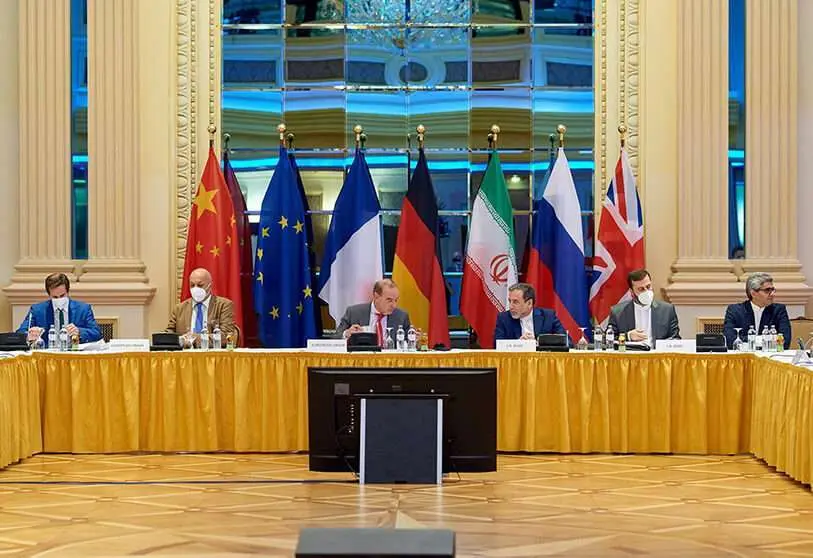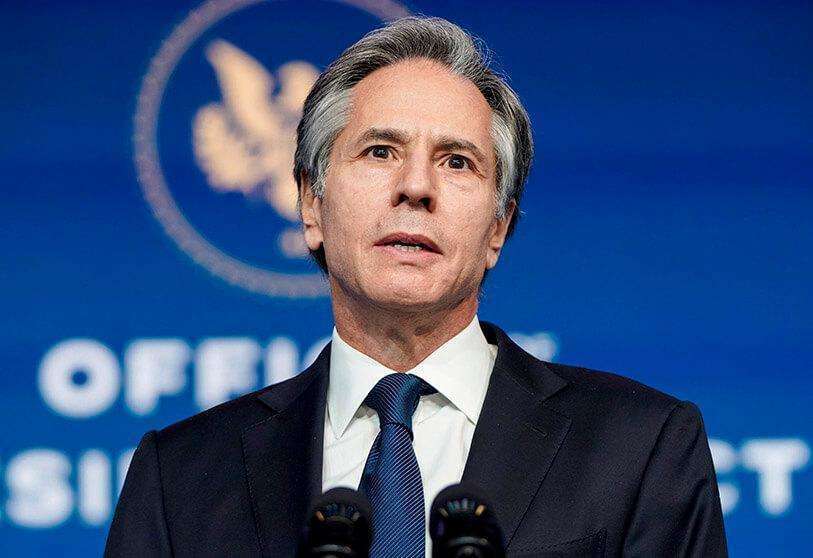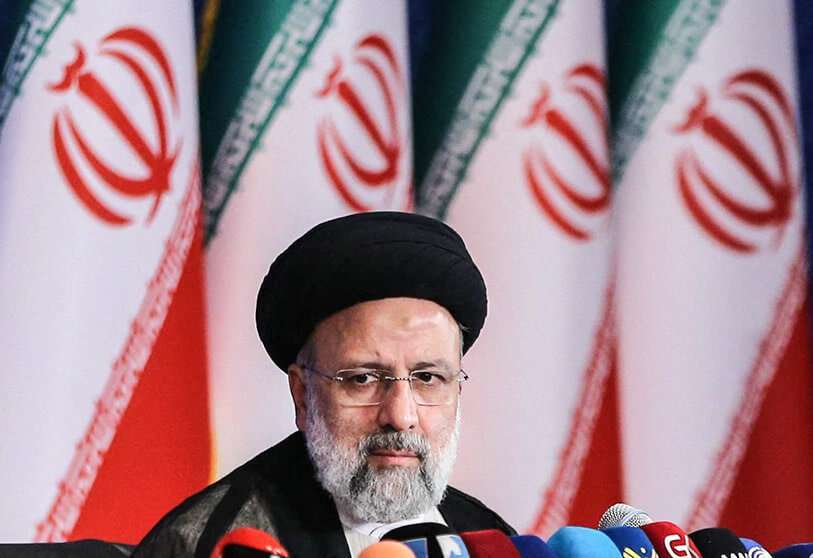Russian demands complicate Iran nuclear deal

The Russian giant is playing a very prominent role in the international arena, as a result of which both Western powers and Iran, after the invasion of Ukrainian territory, reached an agreement so that Russian actions would not have negative effects on the nuclear talks in Vienna. Also, last Sunday, Moscow sought assurances from Washington that sanctions stemming from the Ukraine conflict would not affect trade with Tehran.
At the end of February negotiations appeared to be favourable for both sides, after months of indirect talks between the US and the Islamic Republic, but the invasion has left the negotiations in a state of uncertainty. "Western sanctions on Ukraine had become an obstacle to the nuclear deal," said Sergei Lavrov, the Russian foreign minister.

Antony Blinken, the US secretary of state, sought to dispel doubts, saying that "the sanctions imposed on Russia by Ukraine have nothing to do with the potential nuclear deal with Iran". "These things are totally different and they are simply not in any way linked to each other. So I think that's irrelevant," Blinken said during an interview on a CBS programme. He stressed that the formalisation of the deal was close, but that there were still a number of issues to deal with. "Reviving the nuclear deal without Russia is complicated, but probably doable, at least in the short term. If Russia continues to obstruct the talks, I think the other parties and Iran will have no choice but to think creatively about ways to get the deal done without Moscow's involvement," Henry Rome, Iran analyst at the Eurasia Group consultancy, told Reuters.

However, a senior Iranian official told Reuters that "Tehran was waiting for clarification from Moscow on Lavrov's comments, who said Russia wanted a written guarantee from the United States that Russia's trade, investment and military-technical cooperation with Iran would not be hampered in any way by sanctions." "It is necessary to understand clearly what Moscow wants. If what they demand is related to the JCPOA, it would not be difficult to find a solution for it. But it will be complicated, if the guarantees Moscow has demanded are beyond the JCPOA," the Iranian official added.
On the other hand, a senior Iranian official in Tehran said that "if Tehran's demands are met, the prisoner issue can be resolved with or without a revival of the nuclear deal". Iran has consistently denied taking foreign prisoners in order to gain diplomatic leverage. The Revolutionary Guard has, in recent years, detained foreign individuals with dual nationality - the Islamic Republic does not recognise dual nationality - on charges of espionage and security-related offences. In response, US negotiator Robert Malley has hinted that "the nuclear deal is unlikely unless Tehran releases four US citizens, including Iranian-American father and son Baquer and Siamak Namazi". However, Iran has asked the North African country for the release of Iranian prisoners as one of the requirements for the reactivation of the 2015 agreement.

Following Ebrahim Raisi's rise to power last year, senior Iranian officials have been pressing Tehran for deeper ties with Russia. Even Ayatollah Khamenei, the country's highest authority, has called both publicly and privately for closer ties with Russia as a result of deep distrust of the United States. Meanwhile, Iranian negotiators met with EU diplomat Enrique Mora, who is in charge of coordinating the talks between the world powers and Tehran, to discuss the status of the negotiations.
The nuclear talks are currently on "standby" after the powers' negotiators left for home to communicate the results to their countries, so it is not known when the talks will resume. The West's rapprochement with Iran would be beneficial for the return of Iranian oil, as it could replace Russian oil, which has been blocked by Western powers after the invasion of Ukraine, and would ease the high inflation currently being experienced.
Americas Coordinator: José Antonio Sierra.








